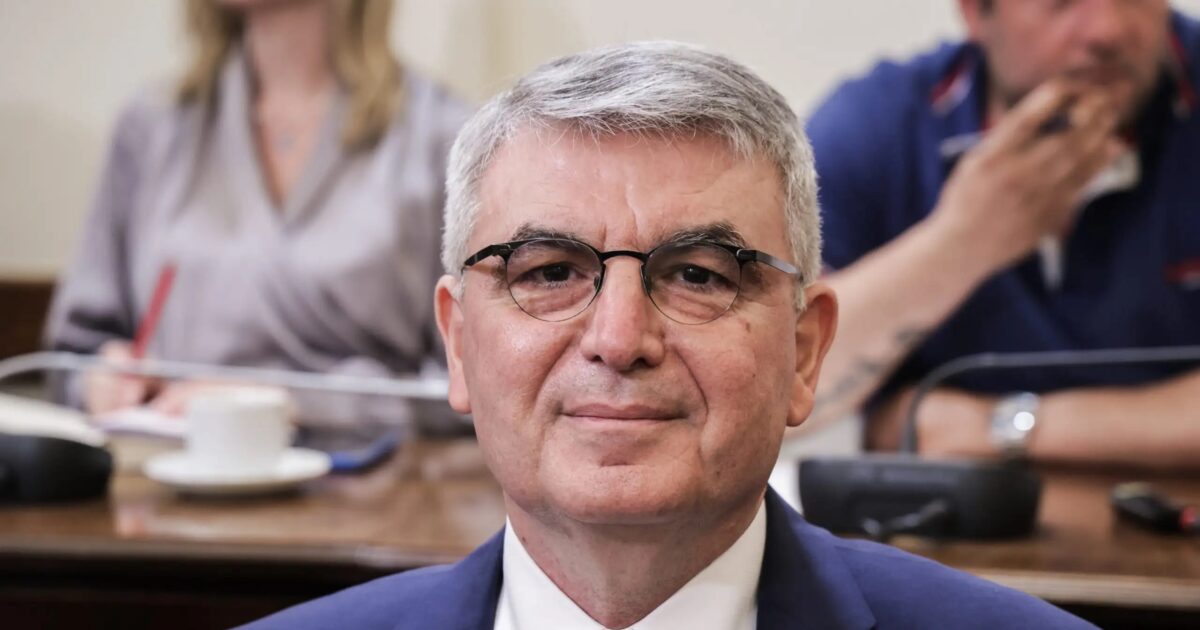OR Greek economy It is facing unprecedented levels of global uncertainty due to trade wars and geopolitical tensions, such as the Middle East war and US duties. Professor of the Athens University of Economics and Business and Bank of Greece officials, Panos Tsakoglouhe spoke to ERTnews about the challenges facing the country, noting that international developments directly and indirectly affect the Greek economy.
Mr Tsakoglou stressed that “the Greek economy is not an islet cut off from the rest of the world economy. We are interconnected with it and therefore certainly influence from all these things. “
Referring to the course of the Greek economy in the midst of strong geopolitical unrest, and in particular to Trump duties, he commented that “our direct trade with the US is relatively small, so the immediate impact will not be too large in the Greek economy”. At the same time, he also talked about the indirect effects by saying that the decline in demand for Greek products and services is significant.
Mr Tsakoglou also referred to the possible consequences of the Middle East crisis, noting: “There are various scenarios, with different impacts on the world economy, depending on the duration and episodes of the crisis. For example, the involvement of the United States or the closure of the Straits of Ormuz would have very different consequences. “
Commenting on the danger that Iran will close the passage of ships from the straits of Ormuz for the global energy market: “About 20% of global oil and gas exports are passed by the Strait of Ormuz. We are talking about a truly significant percentage, which, if interrupted, will have chain reactions not only to energy but also to production costs and prices to consumers. “
At the same time he emphasized the importance of adaptability to economic policy. “The planning of economic policy is not to rely on optimistic scenarios. It is to take all the scenarios in mind. ” Greece, like other countries, must be ready to manage even the most unfavorable potential, “he noted.
Concerning the absorption of resources by the recovery fund, Mr Tsakoglou said: “Compared to other European countries, we are in a good position, above the European average both in absorption and in the achievement of mountain. But that does not mean that we have to rest, as this is the first time a program has such a strict timetable. “
